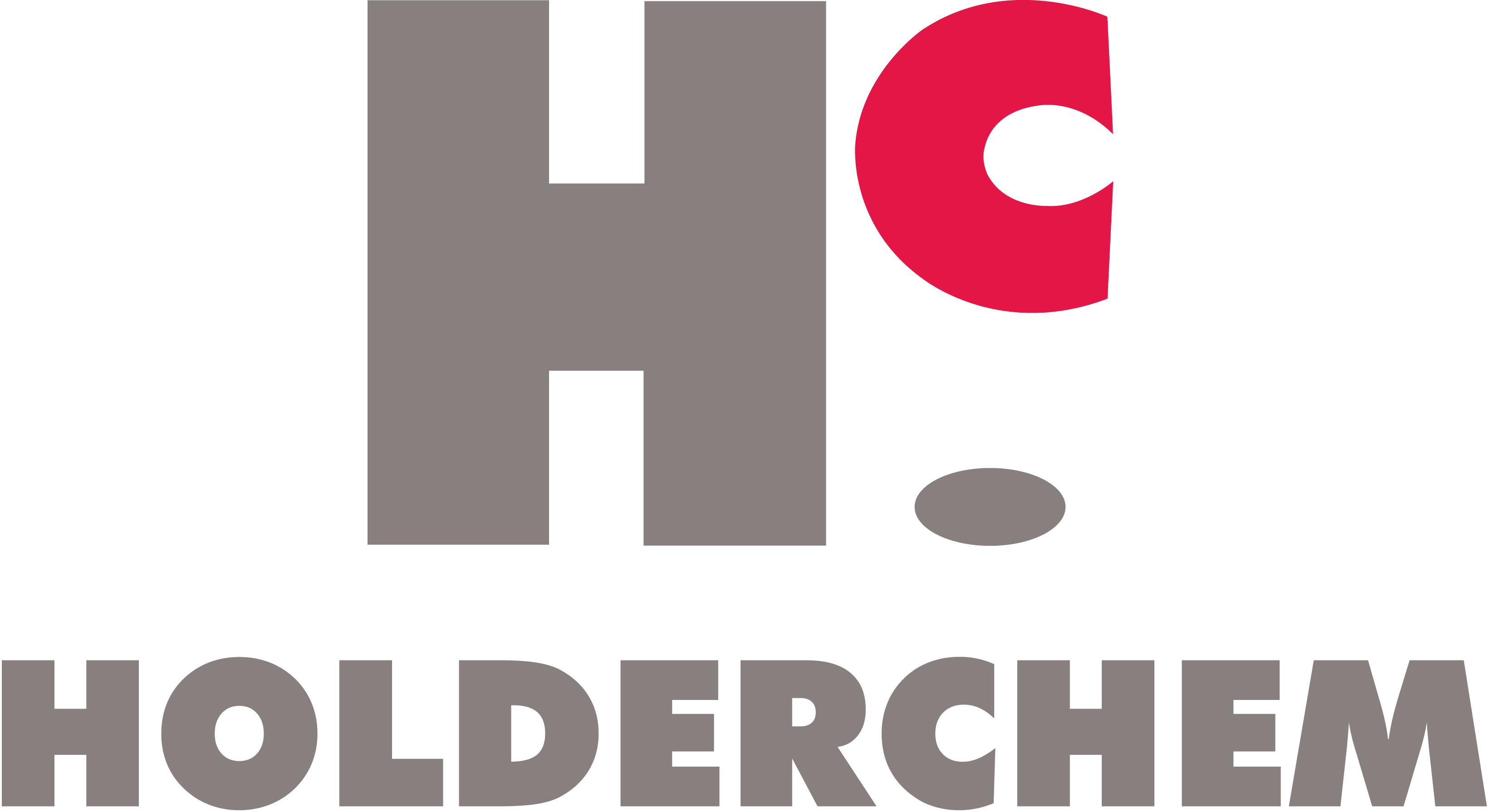Masonry Binders, Mortars & Grouts


Holderchem offers a wide range of hydraulic masonry binders, masonry mortars, repair-mortars, grouts, and mortars for flooring applications. They include the following:
1- Hydraulic masonry binders manufactured with either white or gray cement, finely ground pozzolanic fillers, and chemical additives. They are produced in Type N, Type S, and Type M strength levels for use in the preparation of ASTM C270 - 12 Standard Specification for Mortar for Unit Masonry Type N, S, or M mortar.
2- Masonry mortars composed of hydraulic binders, carefully graded sand, and a combination of chemical additives. At the job-site, these products only require the addition of water prior to use. The product range includes:
- Bloc Fix mortars designed for the assemblage of masonry units produced in each of two alternative specifications: proportion specifications and property specifications.
- Spatter dash slurry coat intended for substrate preparation.
- Plasters designed as general-purpose rendering and plastering mortars, or as packaged dry, combined materials for surface bonding mortars.
- Hydrophobic mortars designed as plasters providing weather protection.
- One-coat rendering mortars or monocouche renders designed for external use and applied as a decorative finish and to provide weather protection.
3- Specialty repair and new construction mortars and grouts composed of hydraulic binders, carefully graded sand, and a combination of chemical additives. At the job-site, these products only require the addition of water prior to use. The product range includes the following:
- Non-shrink mortars and grouts, ideal for filling voids of different sizes and for repair works. They are designed to set rapidly and compensate for cement stone shrinkage.
- Thixotropic mortars for repair with or without fiber reinforcements designed for both repair and new construction applications.
- Accelerated-setting mortars containing high-alumina cement classified as rapid hardening, very rapid hardening, and ultra-rapid hardening based on the results.
- Shotcrete mortars, suitable for applications using the “dry-process” methods produced in line with the following grading classifications: general use grade (GU), sulfate resistant grade (SR), lower permeability grade (LP), and fiber reinforcement grade (FR). Another set of high strength shotcrete mortars suitable for applications using “wet-process” methods is also available following the same grading classification.
4- Flooring mortars developed for car parks, industrial floors, warehouse floors, sports floors, or wooden floors. The product range includes:
- Floor screeds, which are cementitious materials made from cement, sharp sand applied onto either a solid in situ concrete ground floor slab or onto a precast concrete floor unit.
- Self-leveling underlayment and Resurfacing mortars, for internal and external use, developed as cementitious self-leveling products designed for use over various substrates.
- Epoxy mortars, which are tough abrasion resistant concrete resurfacing three-component epoxy materials designed to provide strength, outstanding impact, and chemical spillage resistance.
- Self-leveling epoxy floor mortars, applied over concrete floors to create a durable, low-maintenance flooring surface. Specifically, self-leveling epoxy flooring can be applied over old cracked and damaged concrete floors to create a smooth, seamless surface. This is because during application the epoxy spreads out to fill cracks or chips in concrete floors.
- Dry-shake floor hardeners applied to impart increased abrasion resistance to concrete floors.
Architects seek the opportunity of creating façades with a true and unique materiality and story. Avoiding too glittery and live shades and looking instead for shades naturally occurring around the building is the normally preferred route. It is important to take into account that colors on large exterior areas might look lighter than if applied on small areas, because of light, size and surface. Neutral shades and shades from the same range are likely to look appealing and harmonious on a façade, with deep shades normally applied to smaller facade details.
For monocouche products we can suggest the Baticolor GMCS 345 Facades collection of colors, which allows for a wide choice and interesting combinations.
For further information on any of the products listed herein above, please request relevant Technical Datasheets and Material Safety Datasheets from our sales department.The supply of all our products is subject to our General Conditions of Sale Delivery and Payment